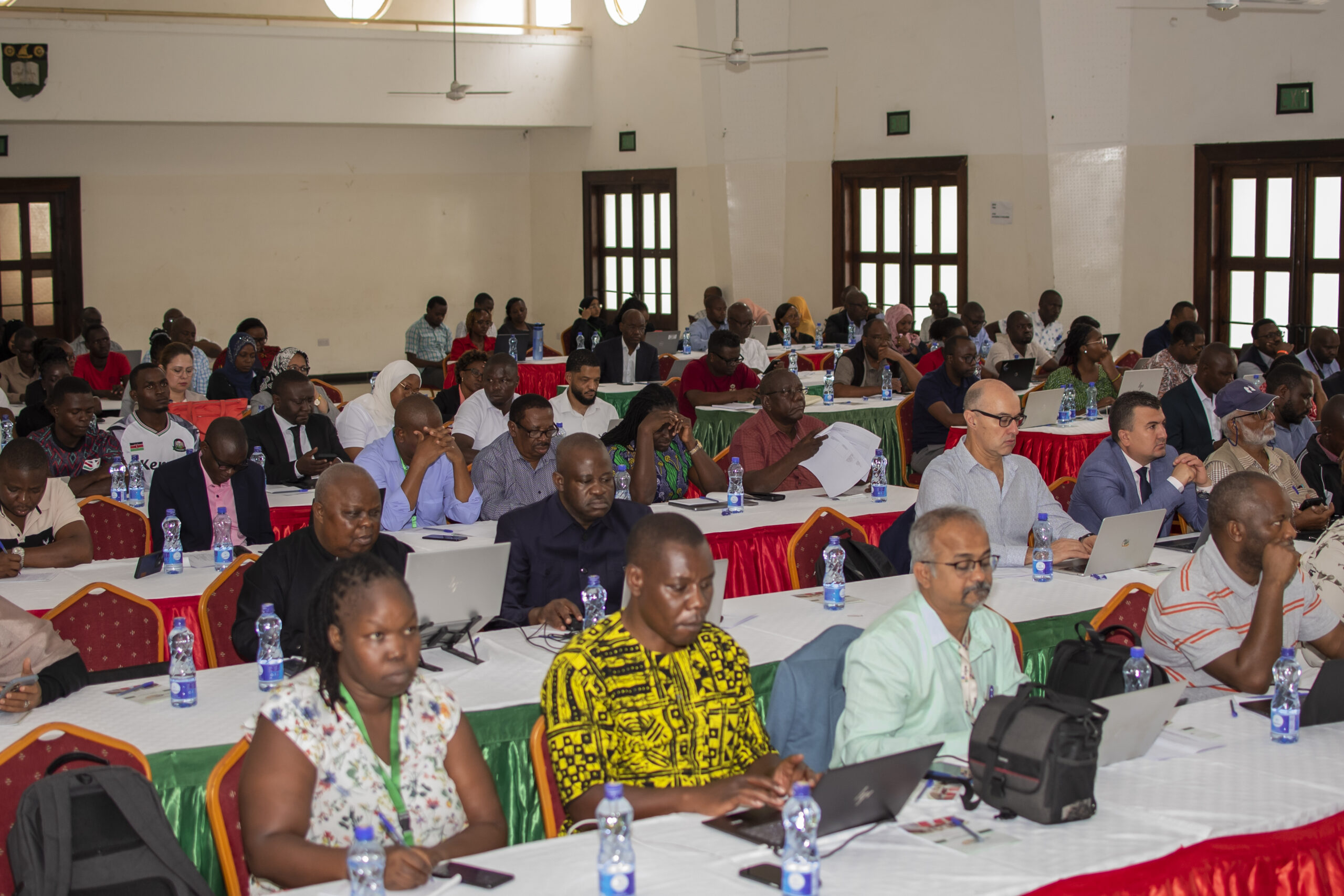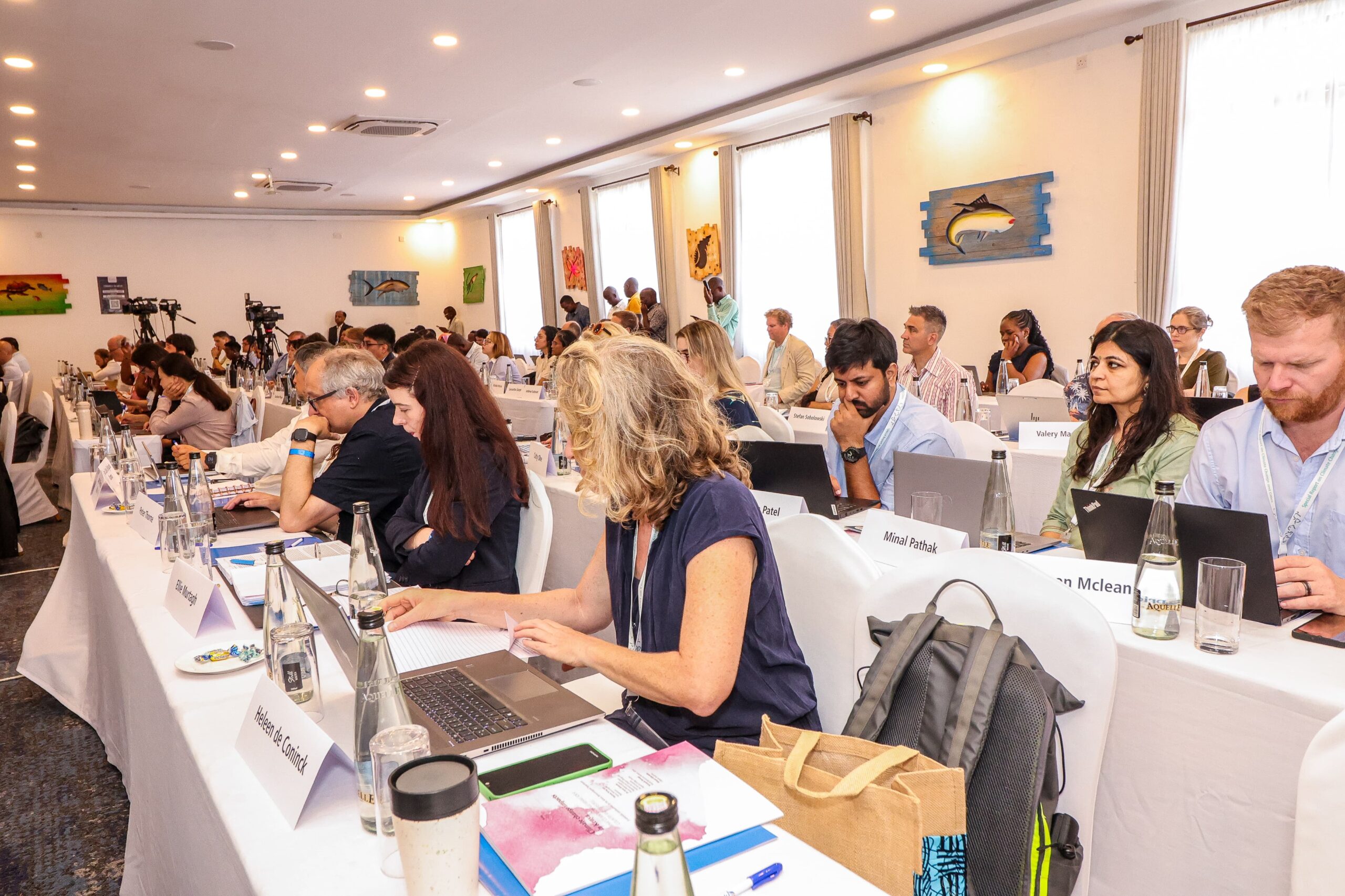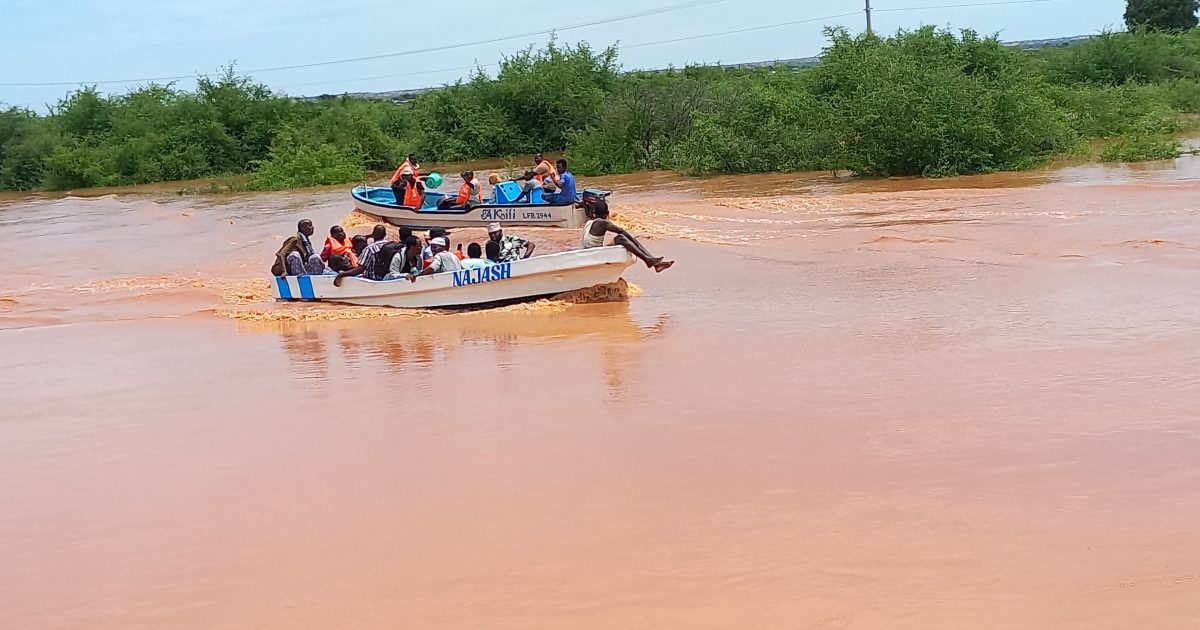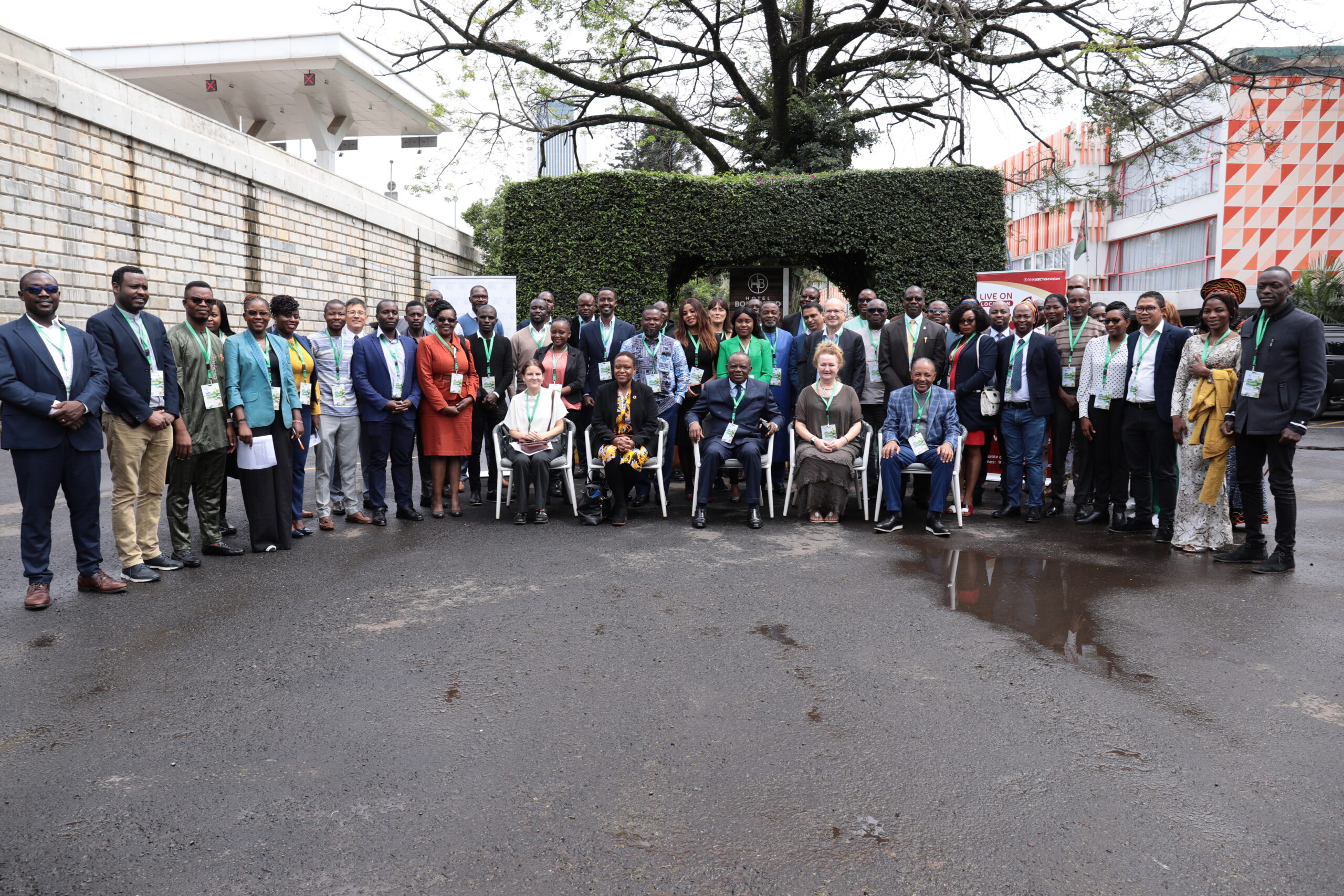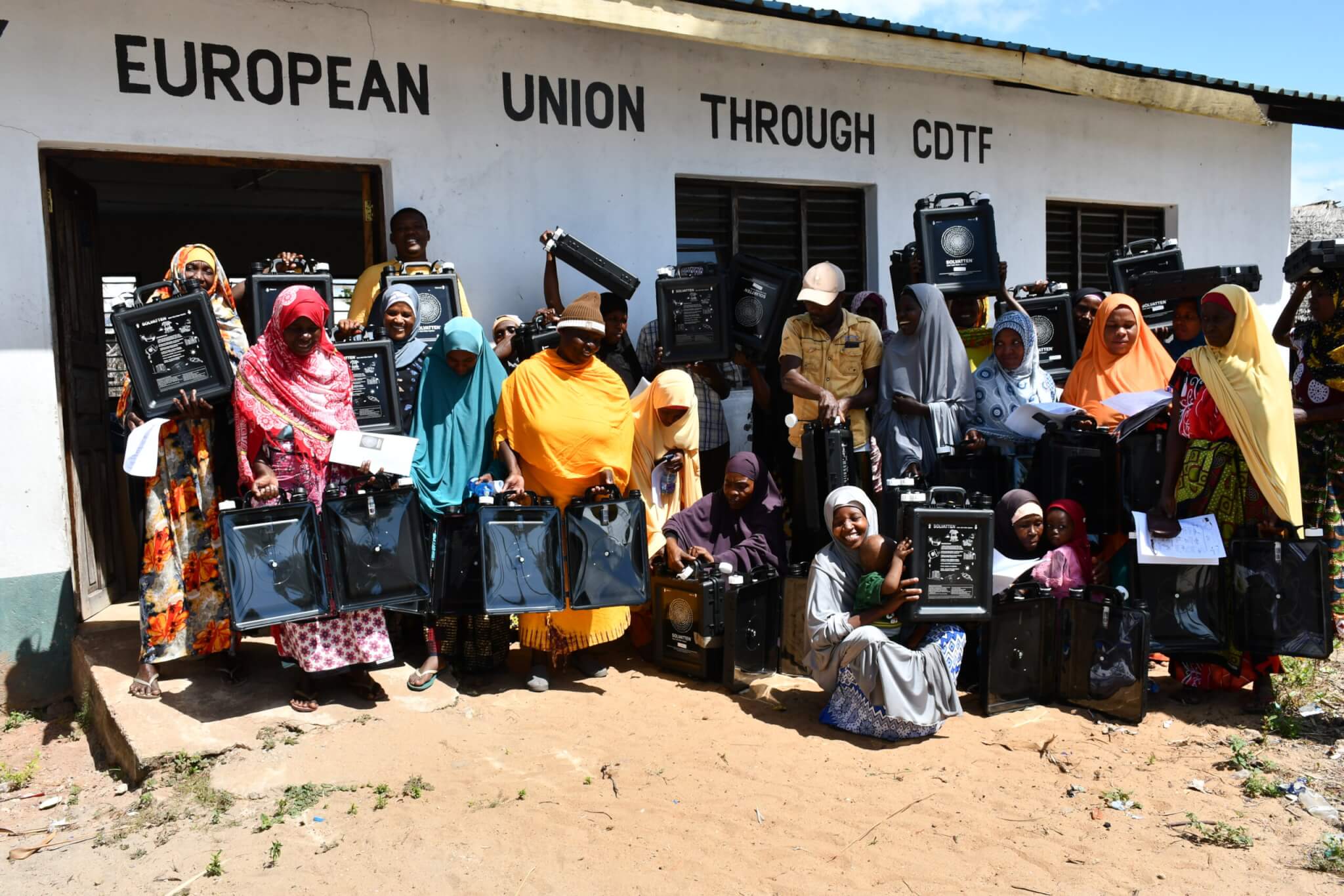Delegates at the Pan-African regional outreach event hosted at the Technical University of Mombasa (TUM).
At the Technical University of Mombasa (TUM), a coastal institution overlooking the Indian Ocean, climate change is no longer just a subject of academic debate, it’s a lived reality.
Speaking during a Pan-African regional outreach event hosted at the Technical University of Mombasa (TUM), Professor Leila Abubakar, the Vice Chancellor of TUM, said that rising sea levels, extreme heat, and shifts in the ocean ecosystem have turned the fight against climate change into both a scientific and community mission.
“We’re feeling the heat, literally people used to think climate change was just a theory. Now we see it every day, the warming seas, disappearing mangroves, and unpredictable weather patterns,” she said during an interview with the media at the outreach event.
Professor Abubakar said TUM has become a hub for research and innovation around climate change. It has established an ocean hub and a climate change research unit, focusing on solutions like de-carbonization and mangrove conservation.
“At the university, we allocate part of our budget to fund research by our own staff because we believe in finding solutions through science,” said Professor Leila Abubakar, Vice Chancellor of TUM.
She said mangroves, which protect coastlines and act as carbon sinks, have become a central focus at the institution.
“The university not only funds internal research but ensures community involvement in implementing findings, especially those related to renewable energy and environmental conservation,” she said
“We are encouraging communities to grow mangroves again. We integrate them into our research, then share findings with them,” Professor Abubakar added.
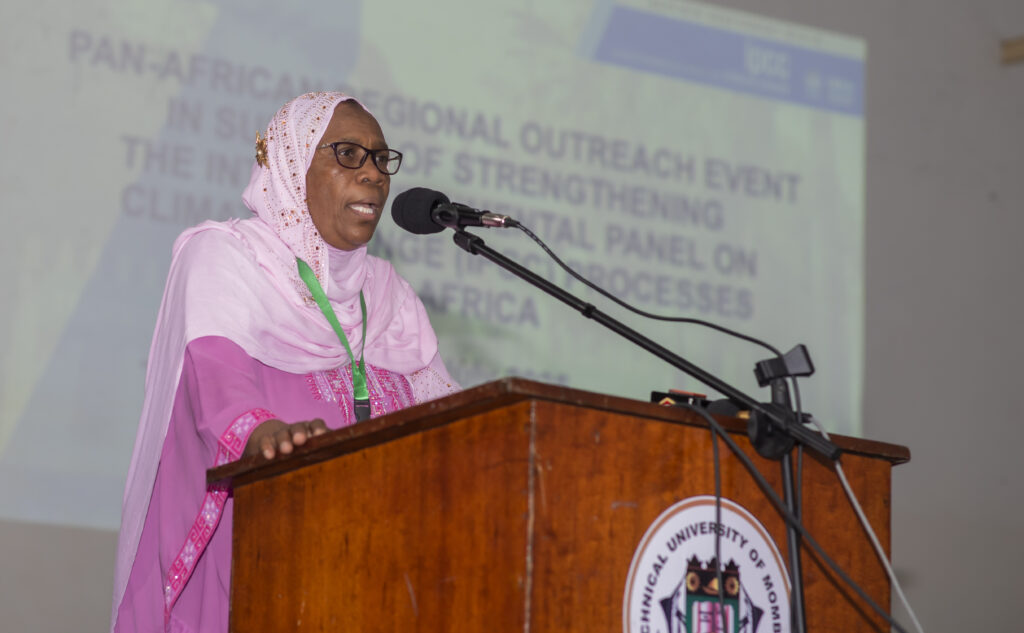
The event brought together scientists, students, policy experts, and community leaders in a unified call for inclusivity in the climate discourse.
Dr. Philip Osano, Chief Operating Officer at the Center for International Forestry Research and World Agroforestry (CIFOR-ICRAF) said the current seventh IPCC assessment cycle had made strides in inclusivity, especially with gender balance, youth participation, and representation of indigenous knowledge.
“For the first time, indigenous knowledge systems are being considered in the Intergovernmental Panel on Climate Change (IPCC) reporting, we even have IPCC authors representing indigenous communities. That’s a huge step,” Dr Osano said.
He also emphasized the importance of youth involvement.
“We’re happy to be here at Technical University of Mombasa because we want young people, especially graduate students, to know that their work matters. But for it to count in IPCC reports, it must be published in peer reviewed journals,” Dr Osano explained.
However, challenges remain. Dr. George Wamukoya, team lead for the African Group of Negotiators Expert Support, warned that African researchers face barriers in contributing to IPCC reports.
“Many of our scientists don’t get involved because there’s no ecosystem to support them. No funding, no research assistants, it’s a lot of unpaid work,” he said.
Dr. Wamukoya stressed the need to publish African research so it can inform global decisions.
“IPCC work requires deep dives into all available literature. Without published work from African scientists, our issues may be ignored,” Dr. Wamukoya said.
Dr David Gikongo, Director of the Kenya Meteorological Service, explained that weather stations across the country and linked with others in the region provide important data used to make forecasts and study climate trends.
“We archive and analyze this data to understand what’s happening in different regions, this long term data helps us define climate patterns and a change in the behavior of weather,” he said.
Patricia Nying’uro, the IPCC Focal Point Kenya climate scientist explained the significance of hosting the outreach at TUM.
“In past IPCC cycles, African participation was low. This initiative backed by the Kenyan government and IPCC, seeks to change that by raising awareness and building capacity among local experts and institutions,” she said.
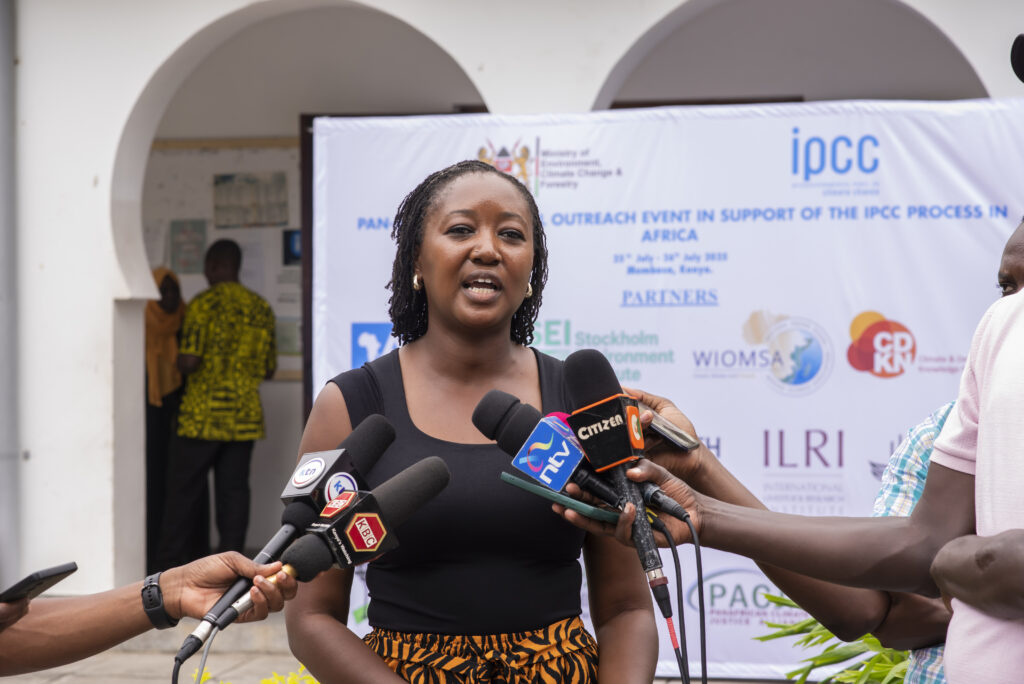
The meeting followed the second Lead Author Meeting of the IPCC Special Report on Climate Change and Cities held at Pride Inn Paradise Hotel, Mombasa, Kenya, bringing together scientists and decision-makers from across Africa.
“Hosting this at a university sends a strong message,” Patricia said.
“It’s about making sure that African science contributes to global climate policy and that universities are key in making that happen,” she concluded.

